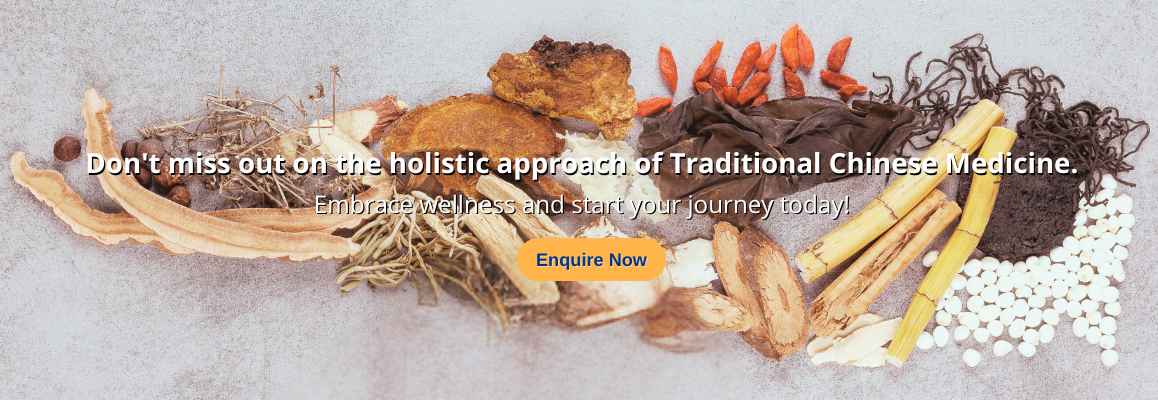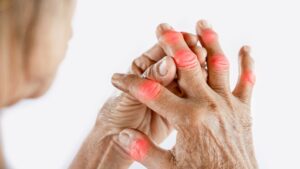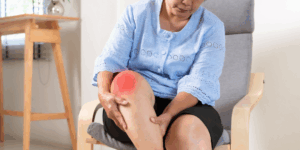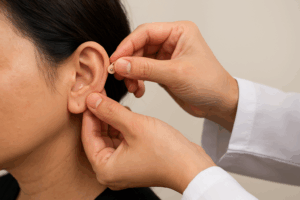Do you find yourself experiencing joint stiffness, headaches, muscle aches, or nerve pain? You might assume it’s just aging, but did you know that menopause could be the underlying cause? In Traditional Chinese Medicine (TCM), these discomforts are seen as signs of internal imbalances triggered by hormonal shifts during menopause.

TCM Perspective on How Menopause Triggers Pain
As women enter menopause, their bodies undergo significant changes, primarily due to the decline of Kidney Essence (肾精). This imbalance affects Yin and Yang, reducing the body’s ability to stay nourished and cool. The result? Increased dryness, inflammation, and circulation issues—all of which contribute to chronic pain. While Western medicine attributes menopausal symptoms mainly to decreasing estrogen levels, TCM views the transition holistically, addressing its effects on Qi, Blood, and organ systems.
Common Pain-Related Issues in Menopause
Many women experience heightened pain sensitivity during menopause. Understanding the root causes from a TCM perspective can help in finding lasting relief.
Joint and Bone Pain: The Role of Kidney Deficiency (肾虚)
The Kidneys are responsible for bone and joint health in TCM. As Kidney Essence depletes, bones lose strength and joints become stiff . Strengthening Kidney health through herbal therapy, acupuncture, and moxibustion can help alleviate these pains.
Emotional Stress and Body Aches: Liver Qi Stagnation (肝气郁结)
Mood swings, anxiety, and irritability during menopause can cause Liver Qi stagnation, leading to tension headaches, neck stiffness, and muscle tightness. The Liver governs Qi flow, and when there is an overwhelming amount of emotions, Qi circulation is disrupted, resulting in pain. TCM treatments such as acupuncture, herbal medicine, and relaxation techniques like Tai Chi and Qigong can help restore balance and ease discomfort.
Poor Circulation and Chronic Pain: Blood Stagnation (血瘀)
Slower circulation during menopause can lead to conditions such as arthritis, fibromyalgia, and nerve pain. In TCM, there’s a saying: “When there is flow, there is no pain; when the flow is obstructed there is pain” (通则不痛, 不通则痛). If pain is sharp, localized, or worsens at night, it may be due to Blood Stagnation. Herbal remedies like Xue Fu Zhu Yu Tang (血府逐瘀汤) help improve blood flow and ease discomfort naturally.
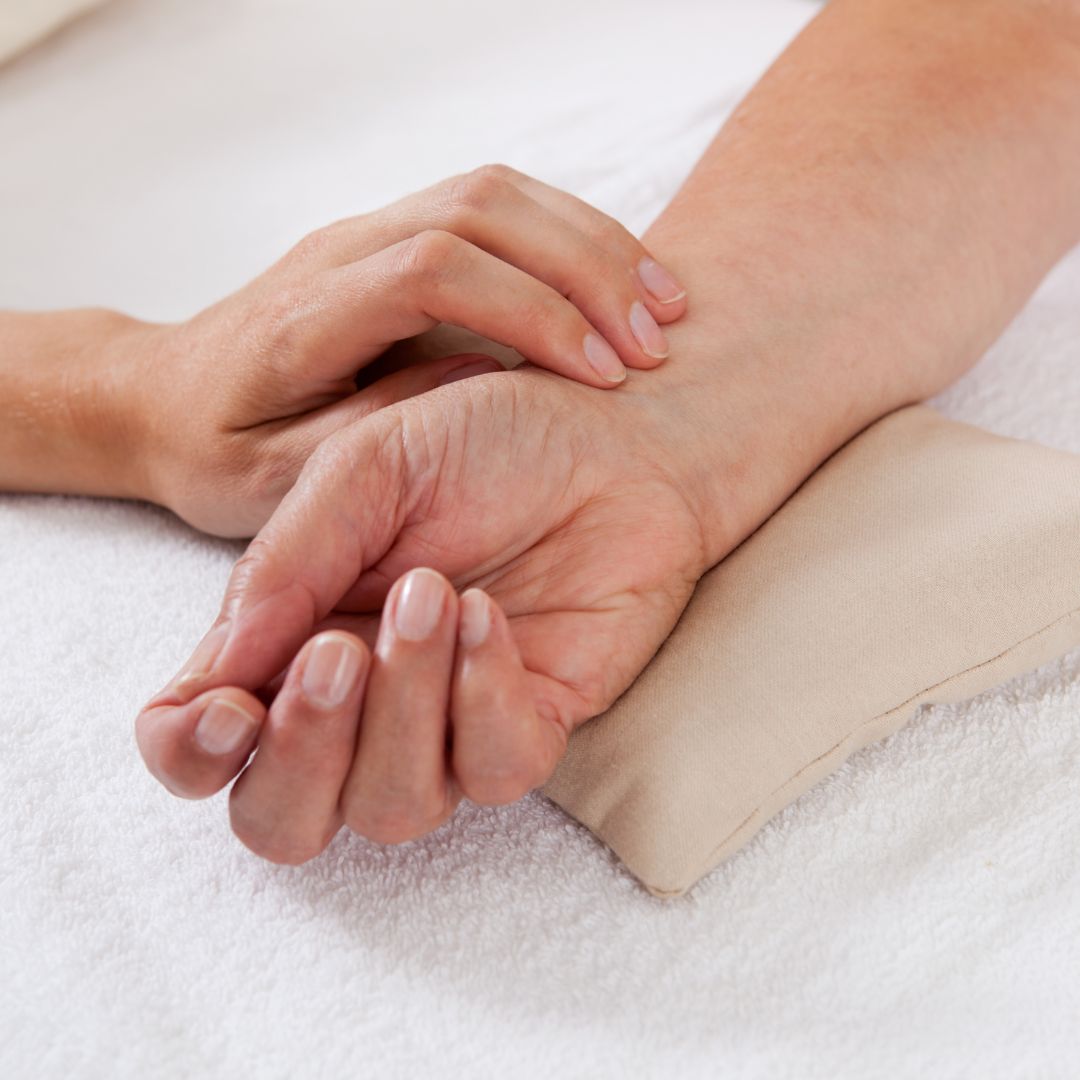
TCM Solutions for Menopausal Pain Relief
Unlike painkillers that only provide temporary relief, TCM addresses the root cause of discomfort through:
Acupuncture
Acupuncture stimulates specific meridians to restore Qi flow, reduce inflammation, and alleviate pain naturally. Research has shown that regular acupuncture sessions can significantly improve joint pain, muscle tension, and even nerve-related pain in menopausal women.
Herbal Medicine
Liu Wei Di Huang Wan (六味地黄丸) is often used to nourish Kidney Yin, while Dang Gui (当归) and Chuan Xiong (川芎) promote blood circulation and relieve pain caused by stagnation. Herbal teas and soups incorporating these ingredients can provide long-term benefits. Also, TCM herbal formulas are tailored to each individual’s needs as the needs differ from person to person.
Tuina Therapy & Cupping
Tuina, a form of therapeutic massage, helps release muscle tension, improve circulation, and restore balance. Cupping therapy, which uses suction to enhance blood flow, can also help with chronic pain conditions by removing stagnation and reducing inflammation in affected areas.
Moxibustion Therapy
Moxibustion involves burning mugwort near acupuncture points or other affected areas to stimulate circulation and warm the meridians. This therapy is particularly effective for joint pain, cold-related aches, and enhancing Kidney function, making it an excellent addition to menopausal care.
Dietary Adjustments
What you eat directly impacts your body’s balance. Yin-nourishing foods like black sesame, walnuts, and goji berries can strengthen Kidney function and alleviate dryness. Anti-inflammatory foods like turmeric, ginger, and some leafy greens can further support pain relief.
Take Control of Your Pain with TCM
Menopausal pain is real, but it doesn’t have to be permanent. By addressing Yin-Yang imbalances, improving circulation, and strengthening the Kidneys, TCM offers a holistic, drug-free approach to managing pain. Don’t just endure the discomfort—embrace a healthier, pain-free transition with TCM care.
Singapore Paincare TCM Wellness adopts an East-West approach to treatment, ensuring better outcomes for our patients. Our physicians and therapists undergo training at the Singapore Paincare Academy (administered by Singapore Paincare Medical Group) to deepen their understanding of clinical conditions. Combined with their TCM expertise, they provide holistic care to help patients recover effectively.
If you’re experiencing menopause-related pain and discomfort, our tailored TCM treatments can help restore balance and improve your well-being. Book an appointment with us today!

